Adolescence is a natural and essential phase for young people to explore their sexuality. However, for some girls, in poor communities and in places where patriarchy dominates, especially in the countries where MSI Reproductive Choices works, adolescence can come with risks that affect their health, education, and future prospects. One major risk is adolescent pregnancy.
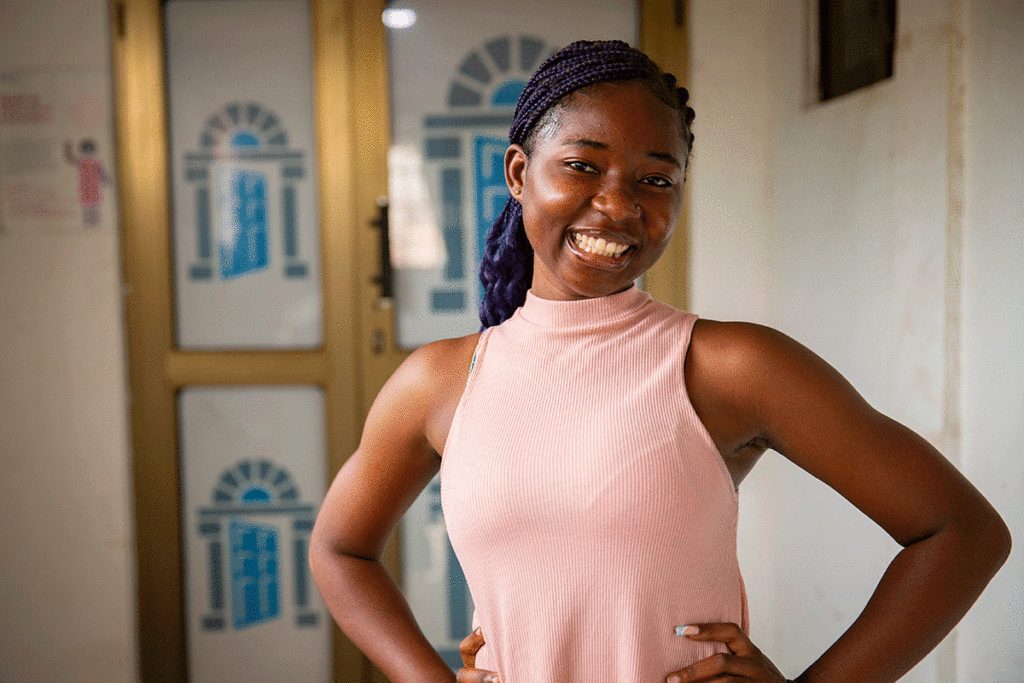
Pregnancy is risky for millions globally, with one woman dying every two minutes during pregnancy or childbirth. Adolescent pregnancies come with twice the risk of complications during pregnancy are the leading cause of death for girls aged 15-19. According to the World Health Organization, teen girls who become pregnant face higher rates complications. These include greater risk of eclampsia and systemic infections than older women. Often, they can’t access prenatal care, compounding the risk.
Early pregnancy comes with health risks for children too. Babies born to adolescent mothers more often have low birth weights and are more likely to be born preterm.
Another serious health risk is unsafe abortion. Approximately 3.9 million unsafe abortions are conducted on girls between 15 and 19 in the developing world each year.
Adolescent pregnancies force girls to drop out of school, trapping them in a cycle of unemployment and poverty. Over 10 million adolescents face unintended pregnancies each year, highlighting the urgent need for intervention. In Niger, staggering statistics reveal that 1 in 2 girls gives birth before turning 18. Only 1 in 100 completes secondary education.
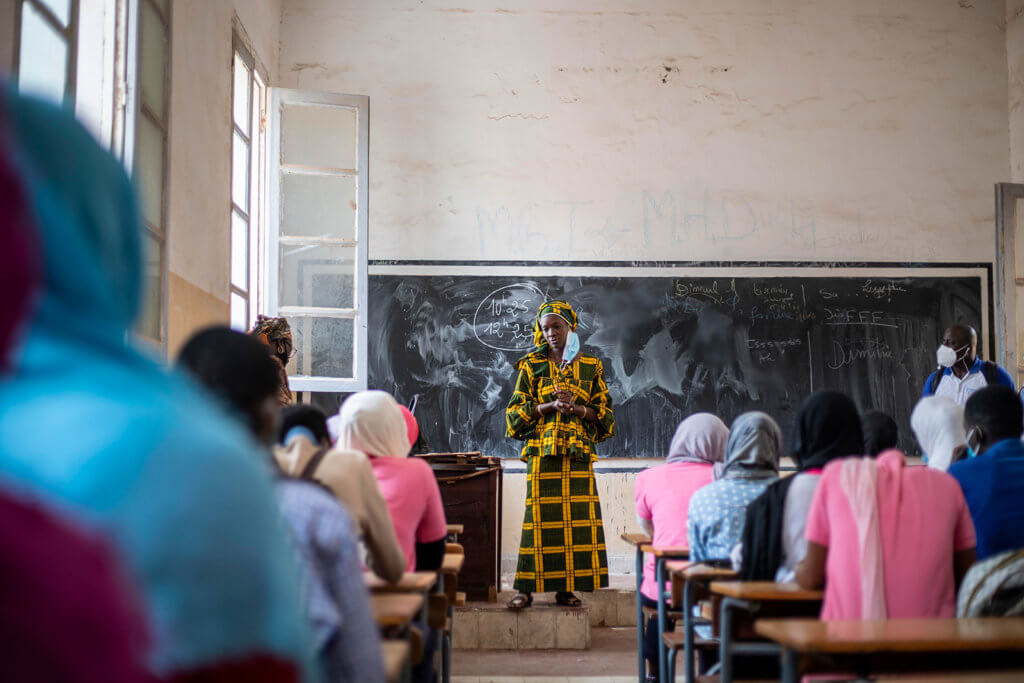
Stigma and restrictive policies contribute to the fact that young women aged 15-19 are twice as likely as all women of reproductive age to lack access to contraception. They also often lack the education that could help them avoid unintended pregnancies. MSI estimates that providing girls in sub-Saharan Africa with access to information and services could enable 4 million more girls to stay in school annually.
Poverty can be both a cause and consequence of adolescent pregnancy. This makes it difficult to distinguish poverty that was pre-existing from poverty caused by early pregnancy.
However, we know from research that education is positively related to wages and employment rates. It is estimated that every year of additional education increases a woman’s future earnings by 20%.
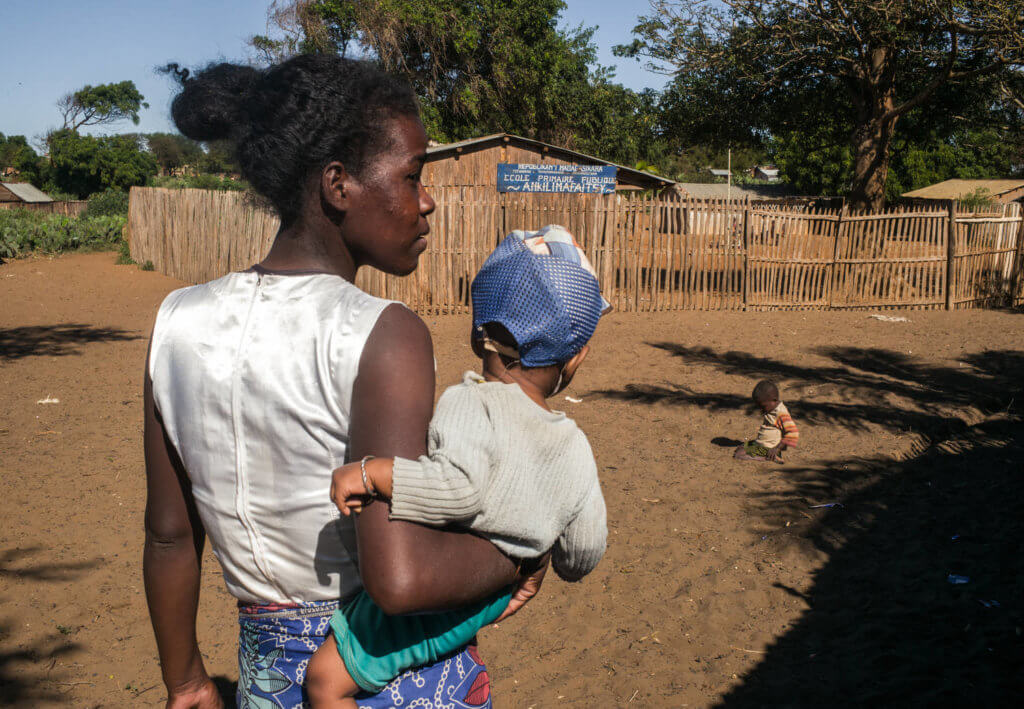
Whether adolescent pregnancy is the result of poverty or is created by it, there is no question that it adds to the economic burden of women and their families. In fact, when we ask women why they’ve decided to take up contraception, they often give economic reasons. A woman in Madagascar who had her first of four children at 17 told us: “Feeding 4 children is already very difficult for a family like ours. I wonder how some women manage to keep a family with many children.”
MSI Reproductive Choices has been at the forefront of addressing adolescent pregnancy. In 2017, we launched a tailored adolescent strategy. This significantly increased the proportion of adolescents accessing our services from 6% to nearly 17% over the last six years. Our approach involves raising awareness, setting up adolescent-friendly services, advocating for changes to restrictive laws, making services affordable or free, and training providers to deliver tailored care.
MSI’s initiatives include the “Famille Idéale” approach in West Africa. This project engages married adolescents in discussions about contraception through family-oriented activities including board games and conversation cards. These playful, accessible tools help teenage girls and their spouses talk about their hopes for the future. When applied in Burkina Faso, we saw a 25% increase in adolescent uptake of contraception. In Kenya, the “Future Fab” approach connects with urban youth. It uses messaging around personal aspirations to explain different forms of contraception and help adolescents choose the right methods for them.
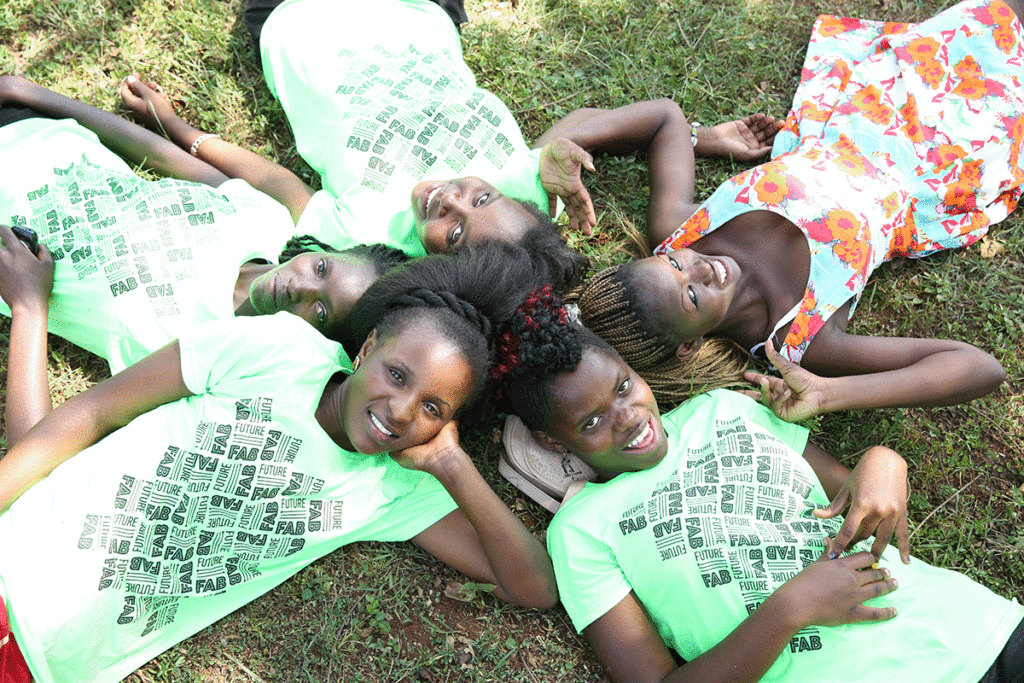
MSI has data from programs in Sierra Leone, Senegal, Nigeria, and Tanzania that illustrate that tailored interventions, overcoming provider bias, and engaging with communities help increase the success of programs for accessing sexual and reproductive health services. Our experience shows that programs like these lead to more young people using contraception.
Since 2017, MSI has reached 9 million adolescents with reproductive health services. These services support an estimated 400,000 girls to stay in school annually by helping them avoid unintended pregnancies. This has enormous economic impact, not just for the girls, but for their families and even their communities. Recognizing the potential, MSI aims to reach 1 in 5 clients under 20 and 1 in 2 under 25 by 2030.
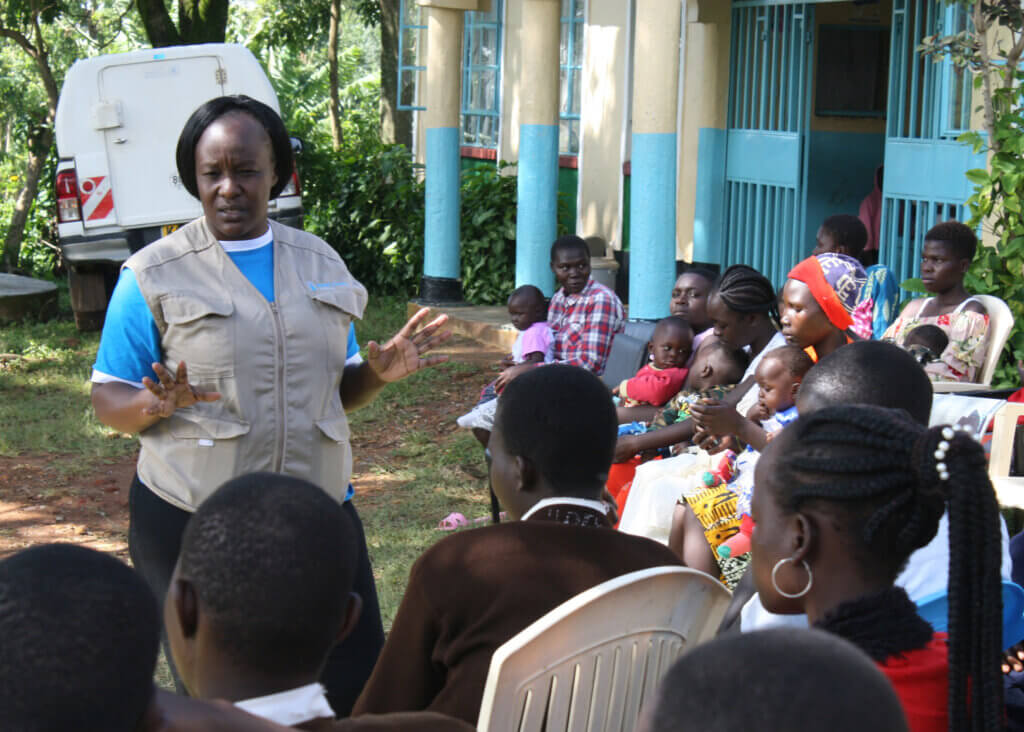
A young woman at an MSI outreach event at the Lihanda Health Center in Kenya told us: “So many of my classmates dropped out of school because of early pregnancy. I am taking the necessary precautions because I don’t want the same things that have happened to my friends to affect my life.”
Empowering adolescent girls with reproductive choice is not just the right thing to do, it’s a strategic investment. MSI’s efforts demonstrate that breaking the cycle of poverty requires targeted interventions, awareness, and a commitment to providing the necessary tools for young people to make informed decisions about their reproductive health. Through sustained support and advocacy, the ripple effect of unlocking the potential of adolescent girls can bring about incredible returns for individuals, families, communities, and economies worldwide.